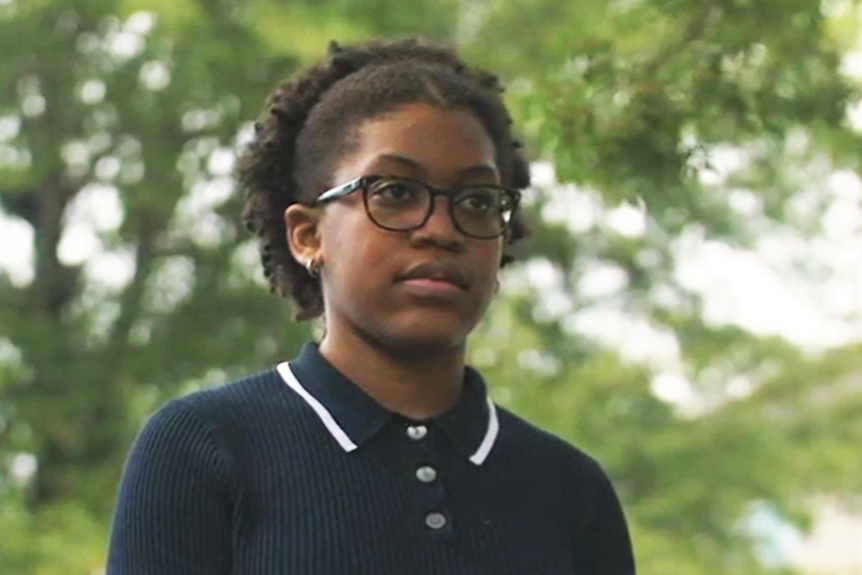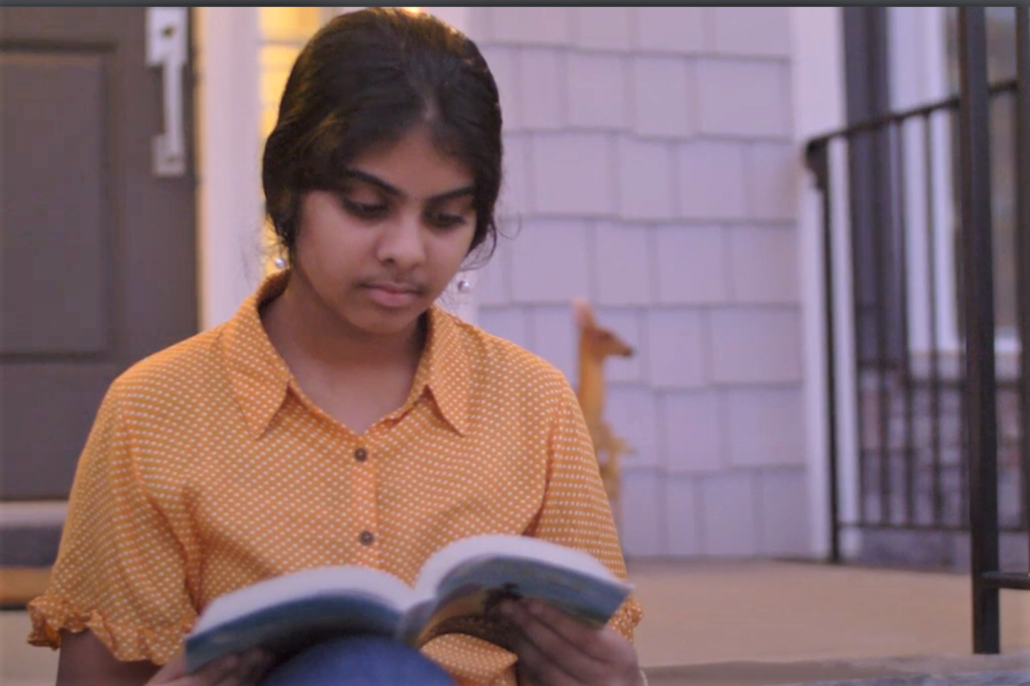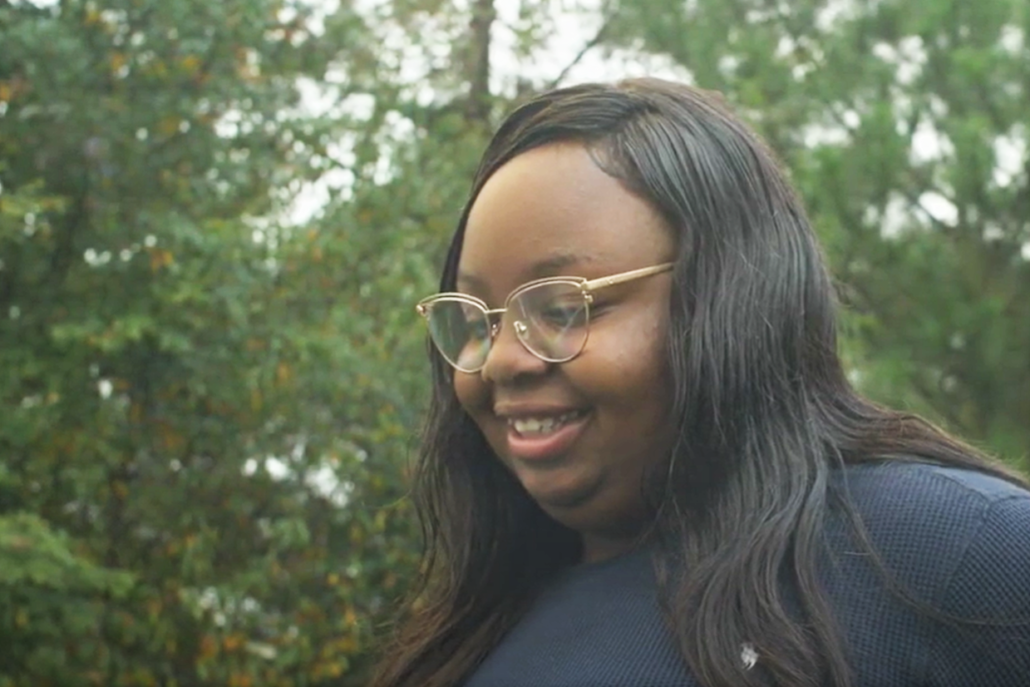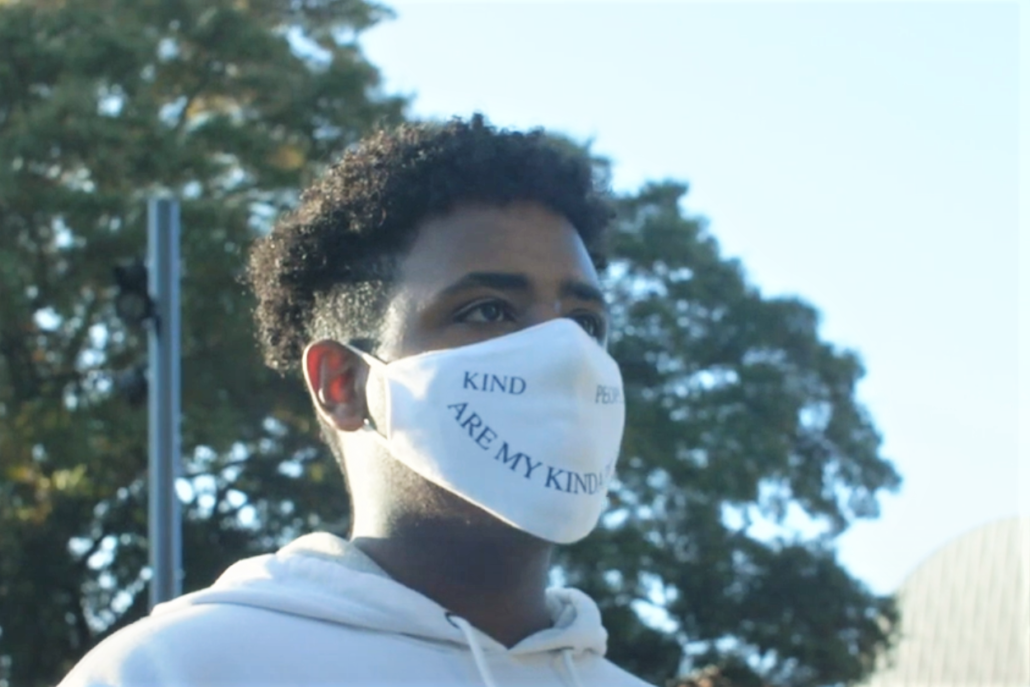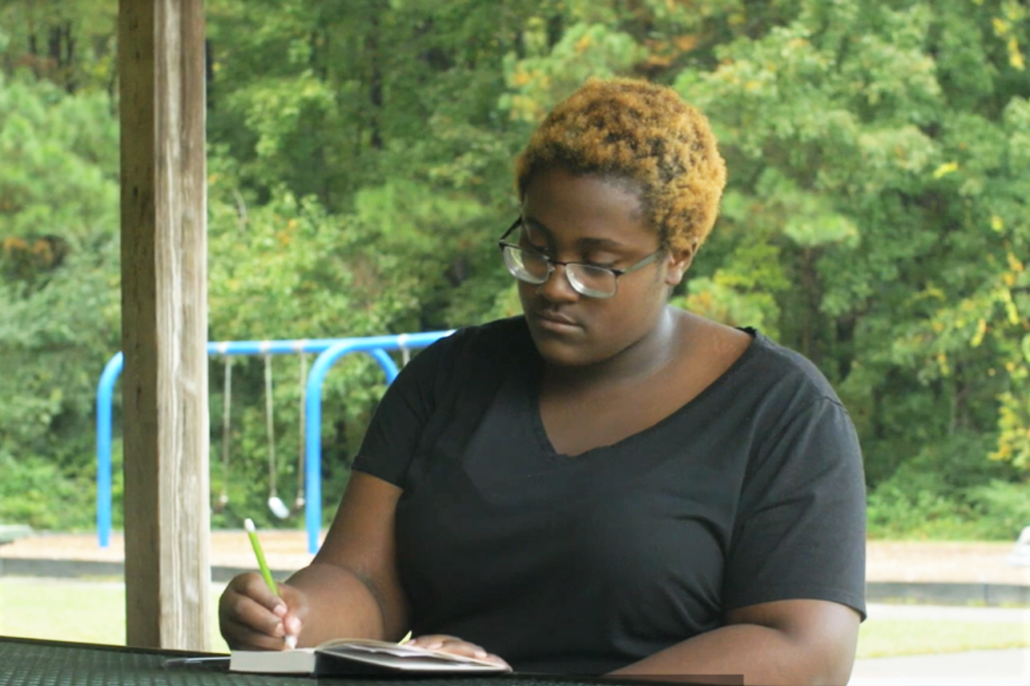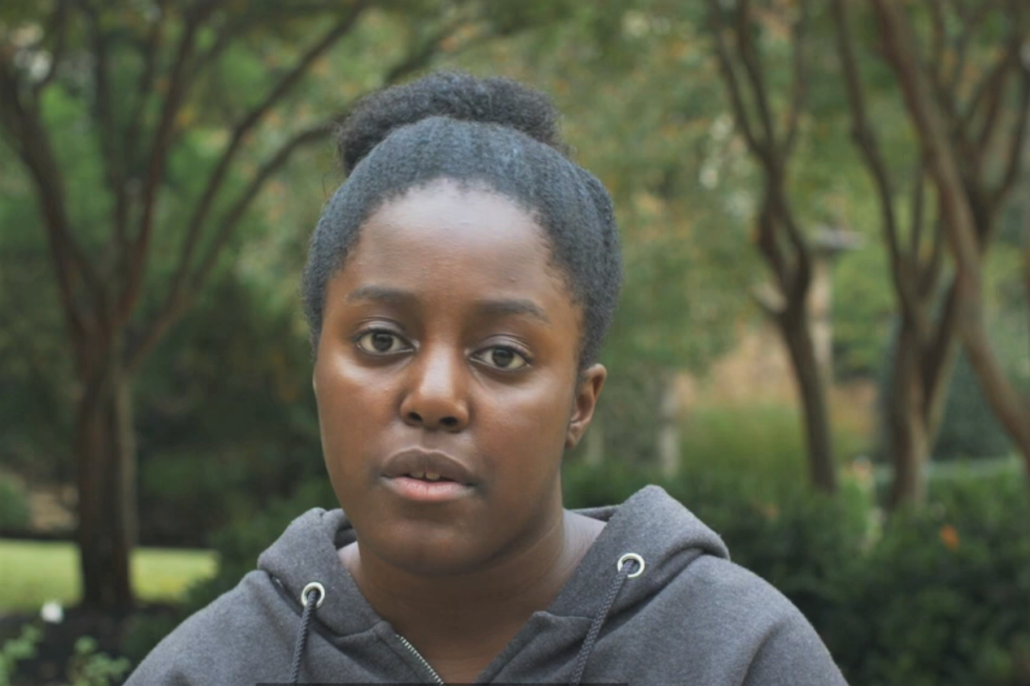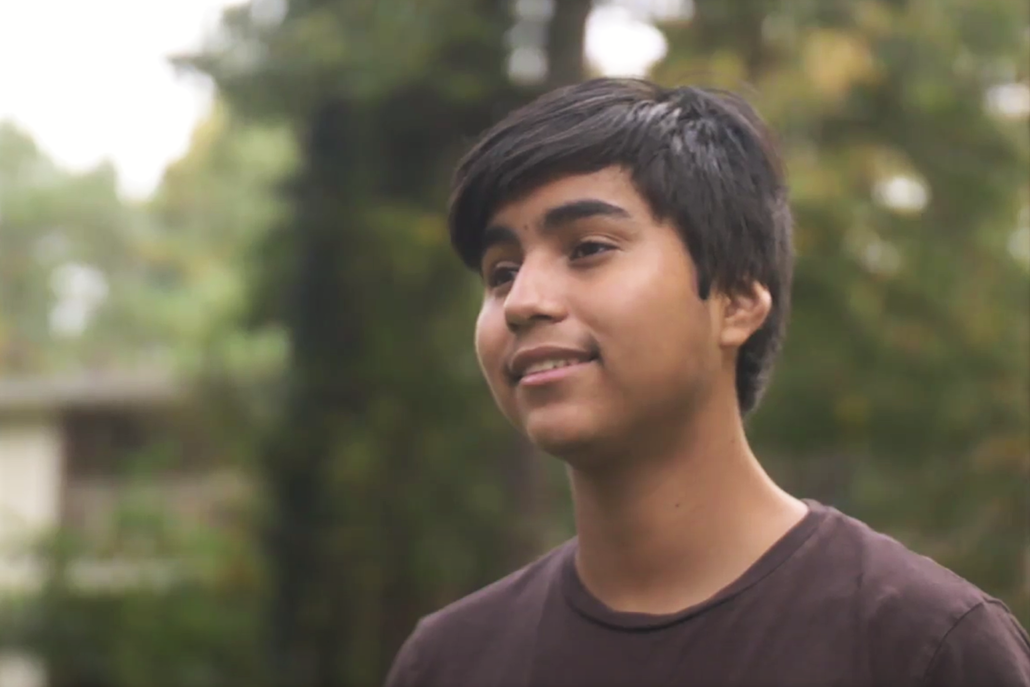
STUDENT VOICES
North Carolina high school students from around the state share their perspectives on equity in the public school system.
VIDEO GALLERY
Like many students living in rural areas, Francisco does not have home internet, which prevents him from working on assignments outside class.
He must go to great lengths to get the access he needs, which is disruptive, frustrating, and time-consuming.
The lack of rural internet caused an even bigger crisis for thousands of students when the COVID-19 pandemic forced public schools into online learning.
DIVERSITY
Zora explains the difficulties faced by students who have experienced the consequences of racism in public school, including exclusion from gifted programs, and harsher punishments.
She points to the value of having a diverse range of faculty and staff to share their perspective, support vulnerable students, and promote understanding and acceptance.
ADVOCACY
Vaishnavi observes that racism is so well-ingrained in our society that children can adopt a negative viewpoint at a very early age.
She believes that students need to take an active role in recognizing and preventing discrimination.
She also states that teachers should help kids understand social issues so they’re prepared for their future engagement in society.
CAREER READINESS
Jaileea gives her perspective as a student in a small rural town with limited job options.
She says students don’t have the chance to build skills and experience in the businesses and trades that match their career interests.
Rural students are not only missing out on opportunities to explore careers — they typically have fewer in-school enrichment programs and extracurricular activities as well.
DISCIPLINE
Yakob believes his school has a different set of rules for black and white students.
Disciplinary bias in public schools has been well-documented, with black students being far more likely to be punished or arrested.
Yakob says that school resource officers (SROs) only cause fear and harm and he recommends that schools should instead invest in ways to mediate, counsel, and support.
PERSPECTIVE
Laura feels that the public school curriculum, particularly for history and social studies, does not adequately explore the cultural, racial, and ethnic diversity of our world.
She says students would benefit if schools would pivot away from a Euro-centric point of view and put greater emphasis on the historical events and cultural achievements that have occurred elsewhere.
INEQUITY
Sonia describes the disparity between the two public schools she has attended.
One school is unable to provide the equipment and technology students need for their classwork.
The lack of extracurricular activities is also disappointing for Sonia, as she believes these opportunities are not only enriching, but they help kids stay motivated to attend school.

